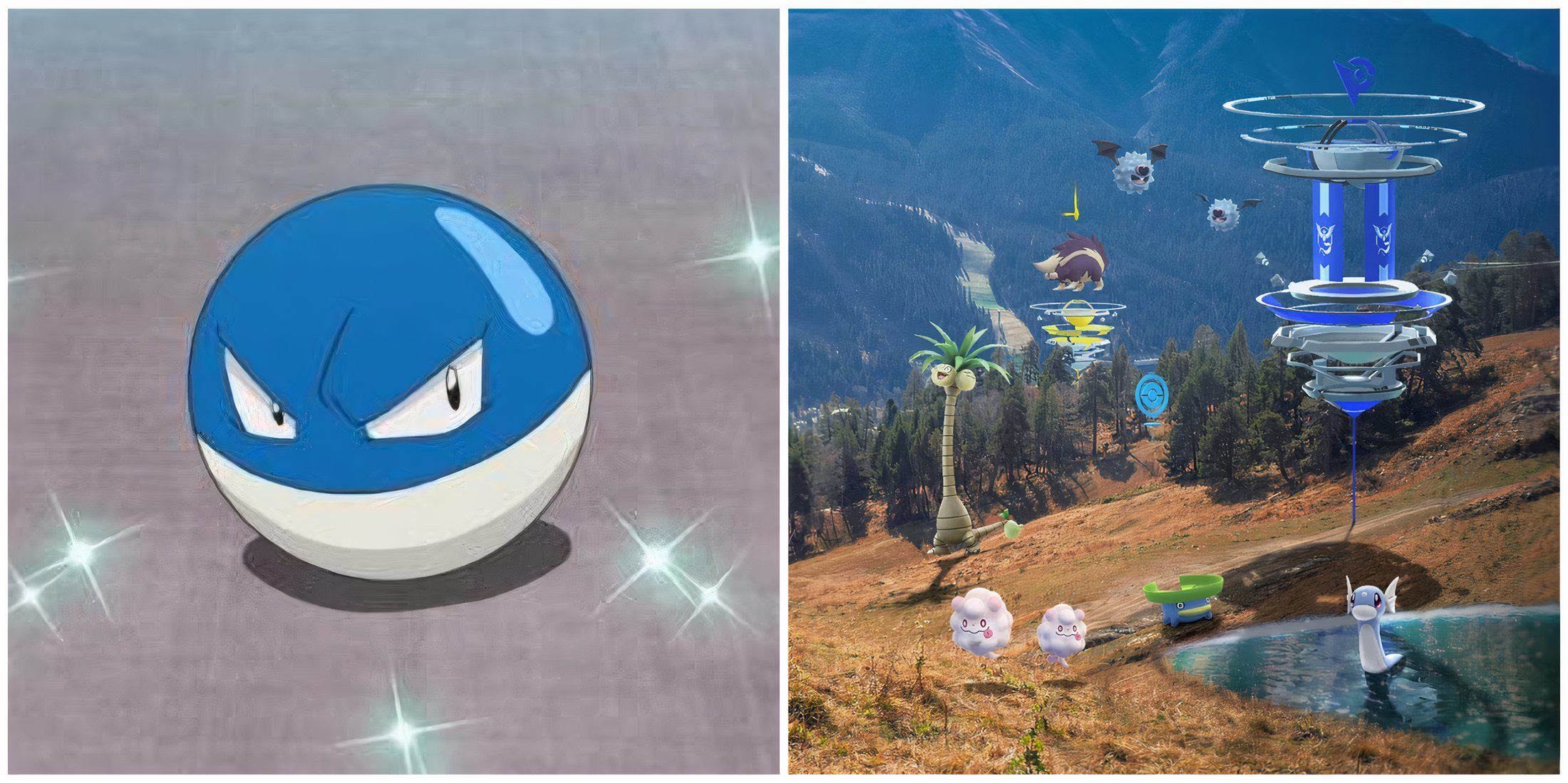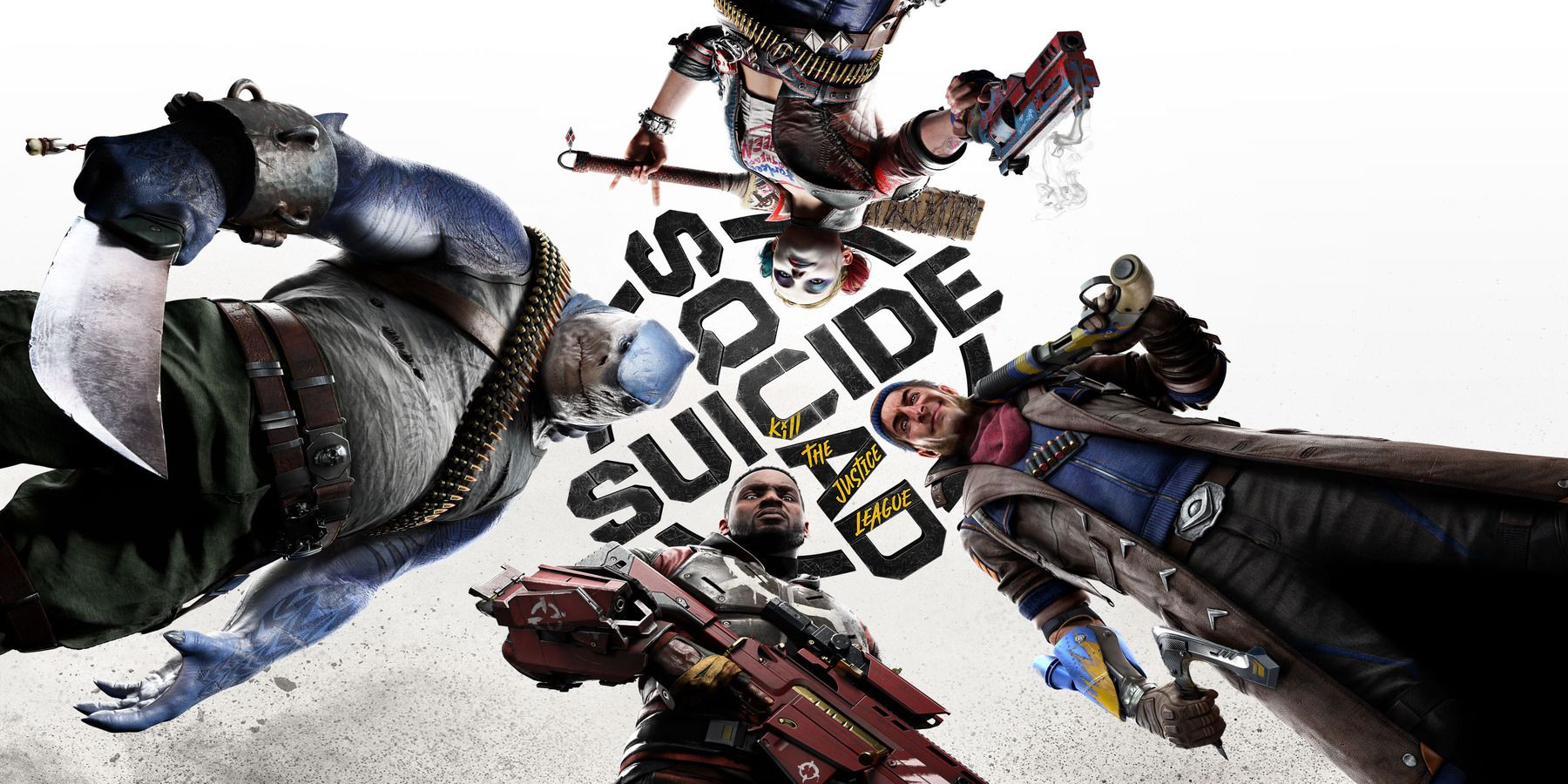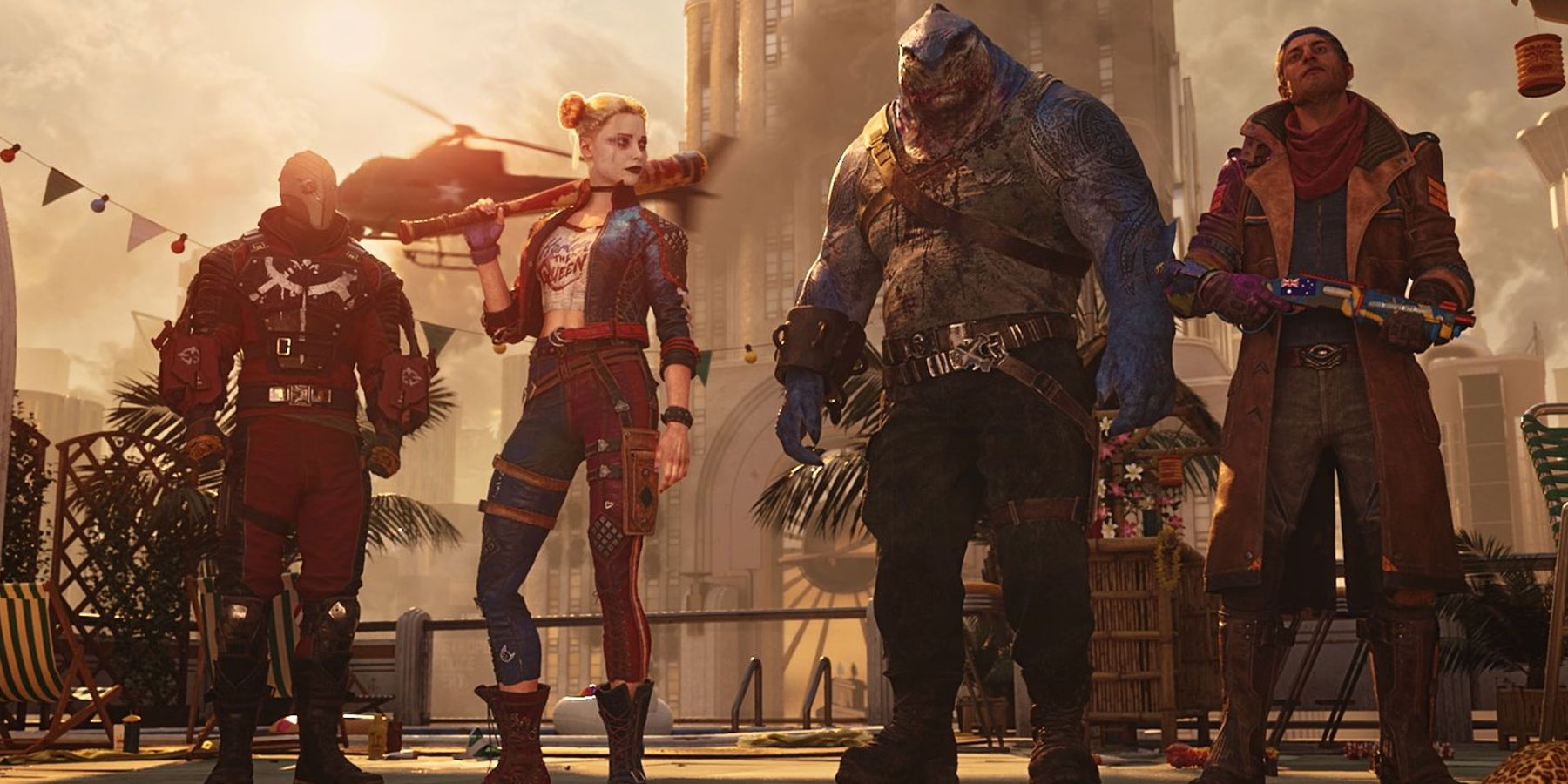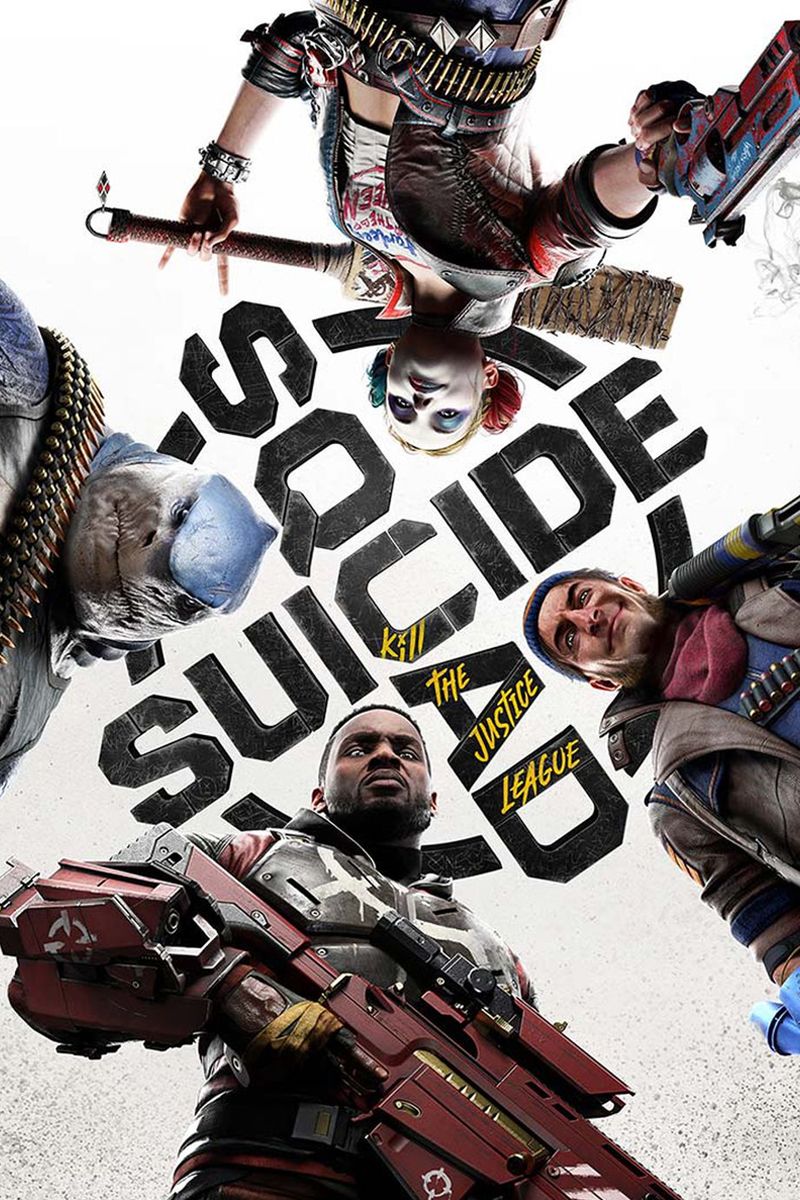Highlights
- Unfair criticism of Suicide Squad: Kill the Justice League is based on assumptions about its live-service model, despite developer promises of cosmetic rewards and free content updates.
- Negative experiences with past live-service games have left gamers skeptical and quick to judge, making it difficult for future titles to prove themselves.
- Despite the skepticism, Suicide Squad: Kill the Justice League should be given a chance to surprise and redeem the live-service genre if gamers are willing to let go of their past disappointments.
No modern video game is safe from criticism, as that is an unfortunate consequence of making it available to the public. However, some titles garner heavy, undeserved criticism long before they hit the shelves and digital marketplaces. Rocksteady's upcoming Suicide Squad: Kill the Justice League is the latest to fall victim to unfair criticism ahead of its launch, with most of that criticism being directed at its live-service model.
Live-service games are generally criticized for their greedy monetary practices, especially when it comes to locking content behind a paywall. This criticism is often entirely justified, as gamers deserve to receive a complete game if they pay the full price for it. Still, to shed a harsh, negative light on Suicide Squad: Kill the Justice League before it even releases seems rather arbitrary, considering what the developer has confirmed about the game's live service model.

Suicide Squad: Kill The Justice League's New Poison Ivy Explained
Suicide Squad: Kill the Justice League recently unveiled its fresh take on Poison Ivy, and it's one that no fan could've expected.
Kill the Justice League Is Unlikely to Avoid Unwarranted Judgment Ahead of Its Release
While early criticisms of Suicide Squad: Kill the Justice League are far from warranted, they aren't anything new, nor are they entirely unexpected. Past live-service games have had a habit of providing players with less-than-stellar experiences, as the overall quality of a live-service title tends to be lost when developers focus too heavily on microtransactions. With a variety of cosmetics generally made available via their in-game stores, the emphasis of live-service games has typically been placed on how players appear in the game they are playing, rather than its gameplay, world, story, and characters. Players have thus chalked this up to a developer's desire to earn more money at the expense of the game itself.
Unfortunate practices such as these have left gamers with a bad taste in their mouths, as they have grown to expect the same results from any game labeled a live-service title. Their past disappointments are then manifested in the form of sour complaints and preconceived criticisms, no matter what a developer may do or say to convince the gaming community otherwise. Now, Suicide Squad: Kill the Justice League is in a tough spot as it attempts to march onto a battlefield full of bitter gamers who seem to want nothing more than to see Rocksteady's once-anticipated IP fail.
... Suicide Squad: Kill the Justice League is in a tough spot, as it attempts to march onto a battlefield full of bitter gamers who seem to want nothing more than to see Rocksteady's once-anticipated IP fail.
Many fans have already made their voices heard loud and clear about the upcoming game, stating its model looks suspiciously akin to Crystal Dynamics' failed live-service experiment, Marvel's Avengers. Some critics have even gone so far as to say that the game's heavy loot focus and gear score implementation raises a lot of cautionary red flags, simply due to the similarities of those features with other infamous live-service games. As previously stated, these suspicions have led to the game being denounced by many, even though it has yet to be released.
Kill the Justice League's Live-Service Model Still Deserves a Chance to Prove Itself
Despite the negative experiences players have had in the past with live-service games, Suicide Squad: Kill the Justice League still deserves a chance to prove that it won't fit the stereotype. Rocksteady has repeatedly come out in defense of the game's live-service model, emphasizing the use of seasonal battle passes to provide players with cosmetic rewards that have no impact on gameplay whatsoever. Furthermore, the developer has disclosed plans to release regular free content updates to the game, including new missions and new playable Suicide Squad characters.
Although these are promises similar to those that past live-service developers have made and failed to fulfill, that still doesn't quite justify such unfair criticism ahead of Kill the Justice League's release. If gamers are continually unable to let go of their past disappointments, the live-service genre may never be able to redeem itself, as new titles will be persistently made subject to a history that many of them had no hand in building. Kill the Justice League could very well surprise the gaming community if they allow it the opportunity.





